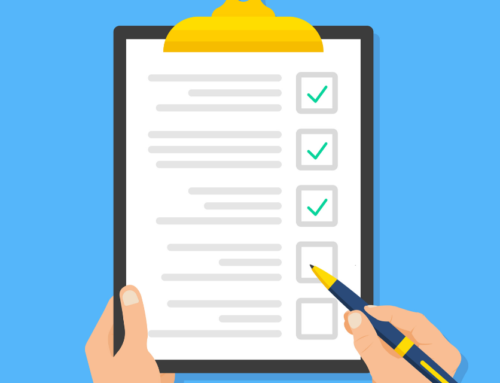Unlike reckless driving or driving on a suspended license, a speeding ticket is not considered a criminal charge. However, a conviction for speeding can have long-lasting and expensive consequences, such as increased insurance rates or even license suspension.
There are several technical defense issues involved with fighting a speeding ticket in Virginia, ranging from radar and speedometer calibrations to police officer pacing. An experienced traffic attorney will be able to help you in those areas. But what can you do on your own to minimize the impact of a speeding ticket?
Keep reading to learn more about how to fight a speeding ticket in Northern Virginia (and surrounding areas) and what a traffic lawyer can do for you.
Step One: Stay Calm
First, be cooperative, calm, and polite with the police officer at the scene. This doesn’t mean admit you were wrong; in fact, don’t say anything regarding the offense if you can help it, and certainly don’t consent to a search or anything else you feel is unreasonable.
However, if you are polite and follow the officer’s instructions during the stop, he or she will remember that on your court date. Arguing with the officer is almost never a productive thing to do. Save it for your court date when you’re fighting a speeding ticket.
Step Two: Understand Your Options
Second, consider attending a DMV-approved driver improvement course. Sometimes, a speeding conviction cannot be avoided. When this happens, the court notifies the DMV, and the DMV assigns demerit points to your record based on the severity of the offense.
The judge has nothing to do with DMV point assessment. If a certain number of demerit points are assessed within certain time periods, the DMV can revoke your license. If you feel this is a possibility, a driver improvement course can help you earn up to 5 “safety points” before your court date. This may significantly reduce the impact a speeding conviction will have.
Step Three:
Third, particularly if you decide to proceed without an attorney, know some of the basics of traffic court. Show up to court early. If you cannot make court that day, call the clerk ahead of time. Otherwise, you will be tried in your absence.
When you get to court, talk with the police officer (and possibly the Commonwealth’s Attorney). Discuss your driving record with them and inquire whether they are willing to enter into an agreement for a deferred finding or reduction. If you cannot reach a reasonable agreement, plead not guilty and make the officer present the evidence against you. Or, you can ask for a continuance and consult an attorney.
Conclusion: Always Be Prepared
Remember, your best bet is to consult an experienced traffic attorney who is familiar with fighting a speeding ticket in Virginia, especially if you are in danger of license suspension or your case involves a car accident. The consequences of conviction could be more severe than you know.



